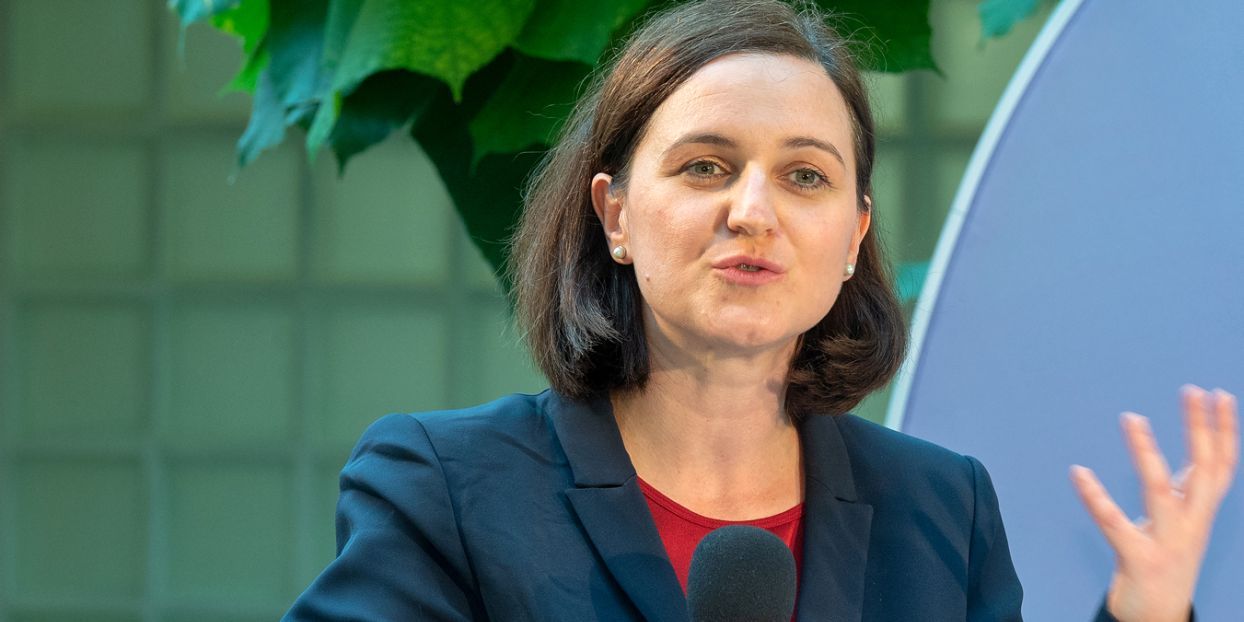
Leibniz Programme for Women Professors
Selected candidates will be granted a W2/W3 professorship position which is either permanent or features a tenure-track guaranteed by the university and the relevant Leibniz Institute. The programme aims to support the successful recruitment of top female academics and promote initiatives that pave the way for such appointments at an early stage.
Leibniz Institutes may propose external or internal candidates. Appropriate basic resources will be provided. The duration of the funding is five years.
The researchers funded in this programme are brought together for networking and training events in the Best Minds network.
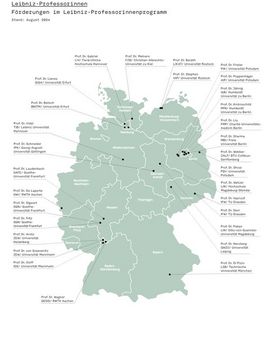
Overview
Funded projects in the Leibniz Programme for Women Professors
Funded projects in the Leibniz Programme for Women Professors
Completed projects can be found below under Alumnae
![[Translate to english:] Melanie Arntz](/fileadmin/_processed_/8/f/csm_melanie-arntz_b50ee4e8c0.jpg)
Prof. Dr. Melanie Arntz
ZEW – Leibniz Centre for European Economic Research | Heidelberg University
Leibniz Professorship for Applied Labour Economics at the University of Heidelberg | Project start 2018
The aim of the project is to analyse the effects of technological change on the labour market. The focus is on how employment and wage structures adapt in times of technological change, as well as the consequences this has for companies and employees.
![[Translate to english:] Prof. Dr. Eszter Baráth](/fileadmin/_processed_/d/2/csm_Eszter-Barath_860eabb151.jpg)
Prof. Dr. Eszter Baráth
Leibniz Institute for Catalysis e.V. (LIKAT) | University of Rostock
New selective synthesis methods on supported metals: Hydrogen transfer reactions, to challenge the boundaries of asymmetric possibilities | Project start 2024
The project investigates the complexity of selective hydrogen transfer reactions of model compounds on supported metals in the liquid phase.
![[Translate to english:] Cornelia Betsch](/fileadmin/_processed_/5/b/csm_cornelia-betsch_7f48f3626c.jpg)
Prof. Dr. Cornelia Betsch
Bernhard Nocht Institute for Tropical Medicine (BNITM) | University of Erfurt
Behavioural Insights Research Center on Preventive Health | Project start 2021
The project investigates preventive behaviors, evidence-based communication, individual and political decision-making, infectious diseases, vaccinations, pandemic behaviors and sustainable behaviors such as nutrition.
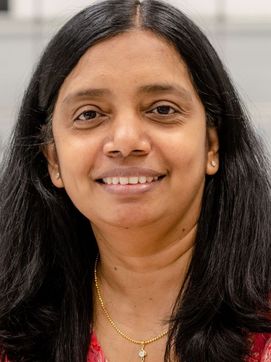
Prof. Dr. Anjana Devi
Leibniz Institute for Solid State and Materials Research Dresden (IFW) | TU Dresden
Atomic Scale Processing of Materials and Integration Platforms for 2D Electronics | Project start 2024
The aim of the project is to develop new types of two-dimensional materials for future nanotechnologies. We are planning to establish a competence center for atomic layer deposition, which is unique in the Leibniz Association and offers many opportunities for cooperation.
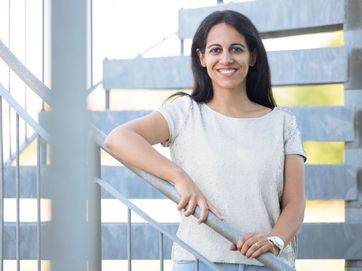
Prof Dr. Antonella Di Pizio
Leibniz Institute for Food Systems Biology at the Technical University of Munich (LSB) | Technical University of Munich
Leibniz Professorship for Computational Pharmacology at the Technical University of Munich | Project start 2023
The aim of the project is to use computational methods to understand the molecular basis of taste and olfaction and to generate predictors that can be used to improve the organoleptic properties of plant-based products.
![[Translate to english:] Prof. Dr. Katja Frieler](/fileadmin/_processed_/d/0/csm_Katja-Frieler_717fd4cf82.jpg)
Prof. Dr. Katja Frieler
Potsdam Institute for Climate Impact Research (PIK) | University of Potsdam
Intersectoral Impact Attribution to Climate Change | Project start 2024
The project aims for a quantification of the contribution of historical climate change to observed damages and human displacement induced by weather extremes. The project builds on model simulations, remote sensing and empirical approaches to explain and attribute historical changes.
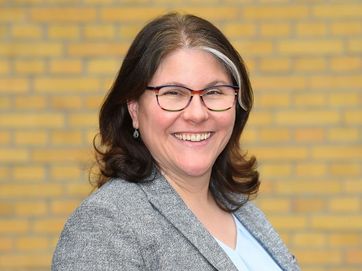
Prof. Dr. Susanne Fritz
Senckenberg Society for Nature Research (SGN) | Goethe University Frankfurt
Geobiodiversity: assessing the impacts of mountain building and climate change on evolution and ecology of mammals and birds | Project start 2021
![[Translate to english:] Gülsah Gabriel](/fileadmin/_processed_/4/9/csm_g%C3%BClsah-gabriel_1a519dff89.jpg)
Prof. Dr. Gülsah Gabriel
Leibniz Institute of Virology (LIV) | University of Veterinary Medicine Hannover
Influenza at the Animal-Human Interface: One Health | Project start 2018
The aim of the project is to improve epidemic and pandemic preparedness against influenza. Therefore, we will study mechanisms of interspecies transmission and develop new antiviral treatment strategies for high-risk groups to reduce overall disease burden.
![[Translate to english:] Prof. Dr. Julia Herzberg](/fileadmin/_processed_/e/a/csm_Julia-Herzberg_905eb4996f.jpg)
Prof. Dr. Julia Herzberg
Leibniz Institute for the History and Culture of Eastern Europe (GWZO) | Leipzig University
Melting Mountains: Environment, Society and Vertical Climate Frontier in the Greater Altai (1950-2020) | Project start 2024
The project focuses on the Greater Altai and aims to rethink the impact of climate change on mountain periphery populations through the concept of the "vertical climate frontier". This term refers to the climate-induced advance of state power and colonial practices into highland regions.
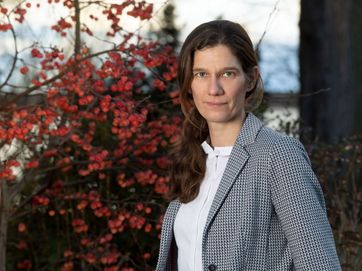
Prof. Dr. Sonja Jähnig
Leibniz Institute of Freshwater Ecology and Inland Fisheries (IGB) | Humboldt Universität zu Berlin
Freshwater Megafauna Futures: Diversity, Functions, Threats, and Implications for Biodiversity Conservation | Project start 2020
The project focuses on limnic megafauna such as river dolphins, sturgeons, large catfish and turtles. We investigate their ecological roles, their spatial and temporal distribution, the responses to threats and the perception of these animals by humans.
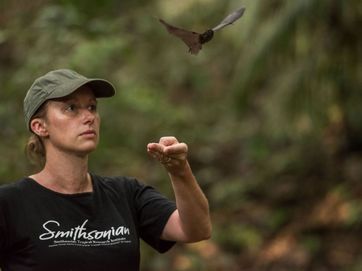
Prof. Dr. Mirjam Knörnschild
Museum für Naturkunde - Leibniz Institute for Evolution and Biodiversity Science (MfN)| Humboldt Universität zu Berlin
Leibniz Professorship for Evolutionary Ethology at the Humboldt-Universität zu Berlin | Project start 2022
The aim of the project is to study the acoustic communication, cognition, and social behavior of mammals with a special focus on animal culture, particularly the adaptive function of culturally transmitted dialects.
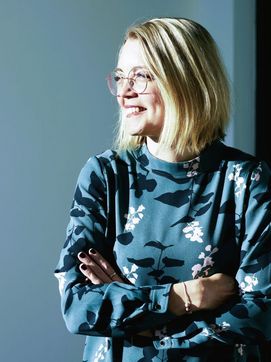
Prof. Dr. Christine Laudenbach
Leibniz Institute for Financial Research SAFE | Goethe University Frankfurt
The Gender Wealth Gap: Participation in Financial Markets | Project start 2022
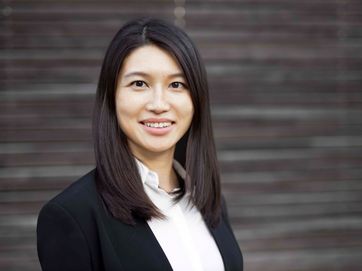
Prof. Dr. Fan Liu
Leibniz-Forschungsinstitut für Molekulare Pharmakologie (FMP) | Charité-Universitätsmedizin Berlin
The Cellular Interactome in Health and Disease | Project start 2020
The project focuses on developing new cross-linking mass spectrometry methods that will enable a more comprehensive characterization of protein-protein interactions in different parts of the human cell and thereby improve our understanding of the molecular basis of diseases.
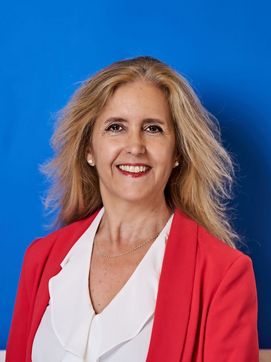
Prof. Dr. Mariana Llanos
German Institute for Global and Area Studies (GIGA) | University of Erfurt
Democratic Institutions in the Global South. The Limits of Presidential Accountability | Project start 2021
The project focuses on the functioning of democratic institutions in the Global South, particularly in countries with directly elected chief executives. It examines constraints on executives, incumbents' behavior toward rules, and effects of institutions on democratic quality and regime stability.
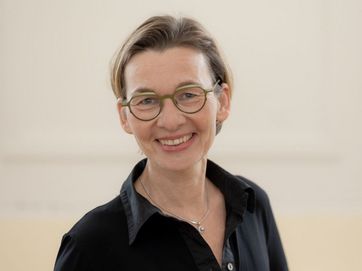
Prof. Dr. Silke Meiners
Research Center Borstel - Leibniz Lung Center (FZB) | Kiel University
ImmunoPROteasomes in LUNG health and disease | Project start 2021
The aim of the project is to obtain a detailed understanding on the different functions of the immunoproteasome in immune responses in health and disease. The project focuses on the mechanstic analysis of the immunoproteasome in cell and animal models as well as in lung disease patients.
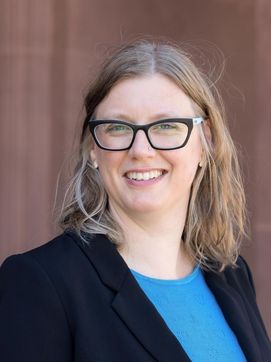
Prof. Dr. Florence Oloff
Leibniz Institute for the German Language (IDS) | University of Mannheim
Navigating the digital everyday life: Elderly participants’ use of mundane technologies in and for social interaction | Project start 2022
The project investigates videotaped conversations to analyse how older adults deal with everyday technologies. Using conversation analysis, it focusses on challenges in the acquisition and teaching of digital skills as well as generation-specific discourses on technology use.

Prof. Dr. Janelle Pakan
Leibniz Institute for Neurobiology (LIN) | Otto von Guericke University of Magdeburg
Keeping the brain engaged: sensory & motor circuits during active learning | Project start 2024
The project investigates the efficient use of our senses to guide our movement. Using advanced brain imaging techniques, we examine how sensory and motor neural circuits in the brain work together. Understanding these processes could revolutionize therapies for movement disorders like Parkinson's.
![[Translate to english:] Prof. Dr. Hannah Schneider](/fileadmin/_processed_/7/7/csm_Hannah-Schneider_e19d57189e.jpg)
Prof. Dr. Hannah Schneider
Leibniz Institute of Plant Genetics and Crop Plant Research (IPK) | University of Göttingen
Rooting for Resilience: Root Systems for Stress Tolerance and Soil Resource Capture | Project start 2024
The project investigates the physiological function and genetic control of a root anatomical trait in barley in the context of multiple environmental stresses. This project will work to develop anatomical traits to be used in breeding programs to improve stress tolerance in barley and other crops.
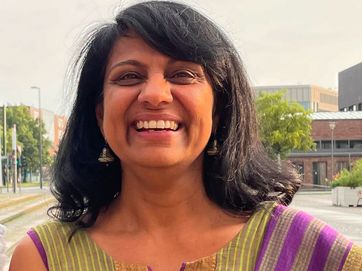
Prof. Dr. Sangeeta Sharma
Max-Born-Institute for Nonlinear Optics and Short Pulse Spectroscopy (MBI) | Freie Universität Berlin
Ultrafast charge, spin, and nuclear dynamics in complex magnetic materials | Project start 2023
The project investigates the effect of intense light on matter; this will be done by expanding current theoretical capabilities by extending the space time boundaries beyond what is possible in the modern time.
![[Translate to english:] Prof. Dr. Safa Shoai](/fileadmin/_processed_/b/5/csm_platzhalter1_851496e0a6.jpg)
Prof. Dr. Safa Shoaee
Paul Drude Institute for Solid State Electronics (PDI) | University of Potsdam
Next generation SustaInable semicoNductors For Optoelectronic aNd spIntronic Applications | Project start 2024
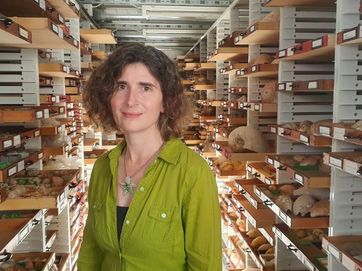
Prof. Dr. Julia Sigwart
Senckenberg Society for Nature Research (SGN) | Goethe University Frankfurt
From phenome to genome: How exceptional novelties open the mechanisms of evolution | Project start 2023
The project focuses on the question of why organisms look the way they do. Understanding shell formation in molluscs will unlock the evolutionary mechanisms that produced snails, squids, and myriad other familiar and weird forms over 500 million years.
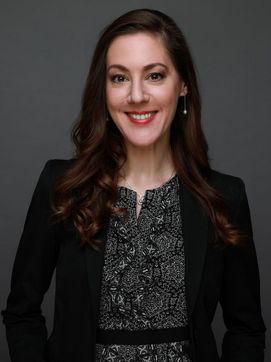
Prof. Dr. Claudia Stephan
Leibniz Institute of Atmospheric Physics at the University of Rostock (IAP) | University of Rostock
Investigating MLT Processes with Atmospheric modelling from Ground to lower Thermosphere | Project start 2024
The project focuses on coupled processes involving atmospheric dynamics, chemistry and charged matter using a numerical model that spans from the surface to the thermosphere, to study interactions between space, atmosphere, and human activities on weather to climate timescales.
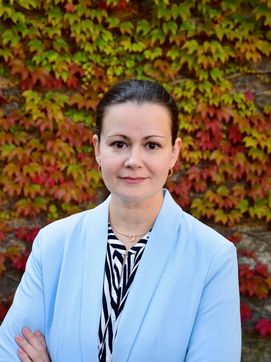
Prof. Dr. Yana Vaynzof
Leibniz Institute for Solid State and Materials Research Dresden (IFW) | TU Dresden
nanoengineering of SUstainable PERovskites for SOLar cells | Project start 2023
The project focuses on the development of novel strategies to control the properties of tin-based metal halide perovskites and their application in efficient photovoltaic cells.
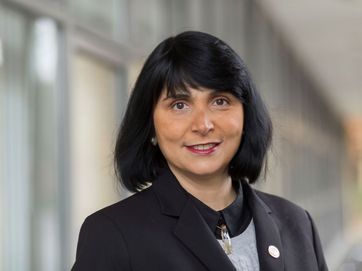
Prof. Dr. Maria-Esther Vidal
TIB – Leibniz Information Centre for Science and Technology | Leibniz University Hannover
A Framework for Knowledge Graphs based on Semantic Integration, Representation, and Curation of Scientific Data to enable Trustable and Interpretable Knowledge Exploration and Discovery | Project start 2021
The goal of the project is to transform scientific data into semantically enriched knowledge. It investigates techniques for knowledge extraction, integration and curation, discovery, and causal reasoning in scientific knowledge graphs (KGs). TrustKG focuses on enhancing KGs accuracy and usability.
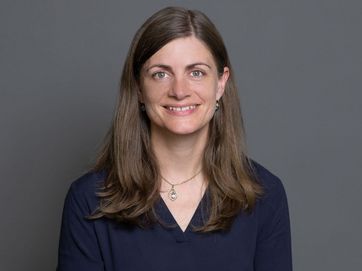
Prof. Dr. Kathrine von Graevenitz
ZEW – Leibniz Centre for European Economic Research | University of Mannheim
Leibniz Professorship for Empirical Environmental Economics at the University of Mannheim | Project start 2021
The project investigates the effect of environmental policies and international trade on the economic and environmental performance of industrial firms with a special focus on Germany.
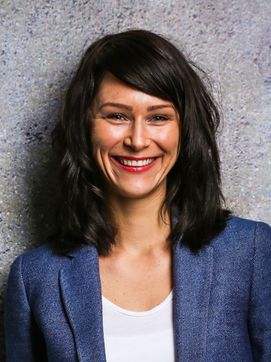
Prof. Dr. Claudia Wagner
GESIS – Leibniz Institute for the Social Sciences | RWTH Aachen University
Dehumanization Online: Measurements and Consequences | Project start 2021
The aim of the project is to develop a method for measuring dehumanization online and to use this method to analyze the prevalence of dehumanizing content in social media. The project focuses on automated text analysis methods and links these methods with social science theories of dehumanization.
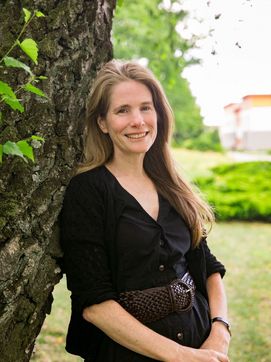
Prof. Dr. Heidi Webber
Leibniz Centre for Agricultural Landscape Research (ZALF) | Brandenburg University of Technology Cottbus-Senftenberg
Integrated cropping systems analysis: methods and models for climate risk and adaptation assessments | Project start 2022
Alumnae of the Leibniz Programme for Women Professors

Prof. Dr.-Ing. Laura De Laporte
DWI – Leibniz Institute for Interactive Materials | RWTH Aachen University
W2-tenure track professorship as a joint appointment of DWI - Leibniz-Institute and RWTH Aachen University | Project start 2018
The project focused on developing polymeric molecular and colloidal building blocks that can assemble into soft 3D biomaterials with anisotropic and dynamic properties. Microgels and fibers respond to external triggers, such as magnetic fields and light, to achieve alignment and create movement.
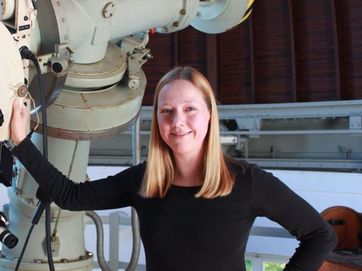
Prof. Dr. Katja Poppenhäger
Leibniz Institute for Astrophysics Potsdam (AIP) | University of Potsdam
Combined Evolution of Star-Planet Systems | Project start 2019
The project investigates how stars and their exoplanets evolve together over time. We take a particular interest in the interactions between star and planet, which are mediated through tidal forces, magnetic fields and high-energy radiation.
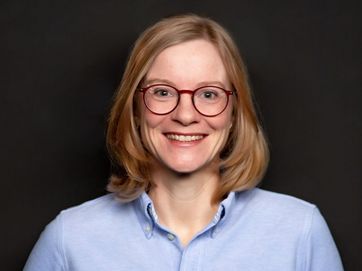
Prof. Dr. Nicole Wetzel
Leibniz Institute for Neurobiology (LIN) | Magdeburg-Stendal University of Applied Sciences
Professorship Neurocognitive Development | Project start 2018
The aim of the project was to better understand the development of auditory attention, learning and memory. The transfer of the results within the framework of the funded professorship "Neurocognitive Development" to education will improve the conditions for children's development and learning.